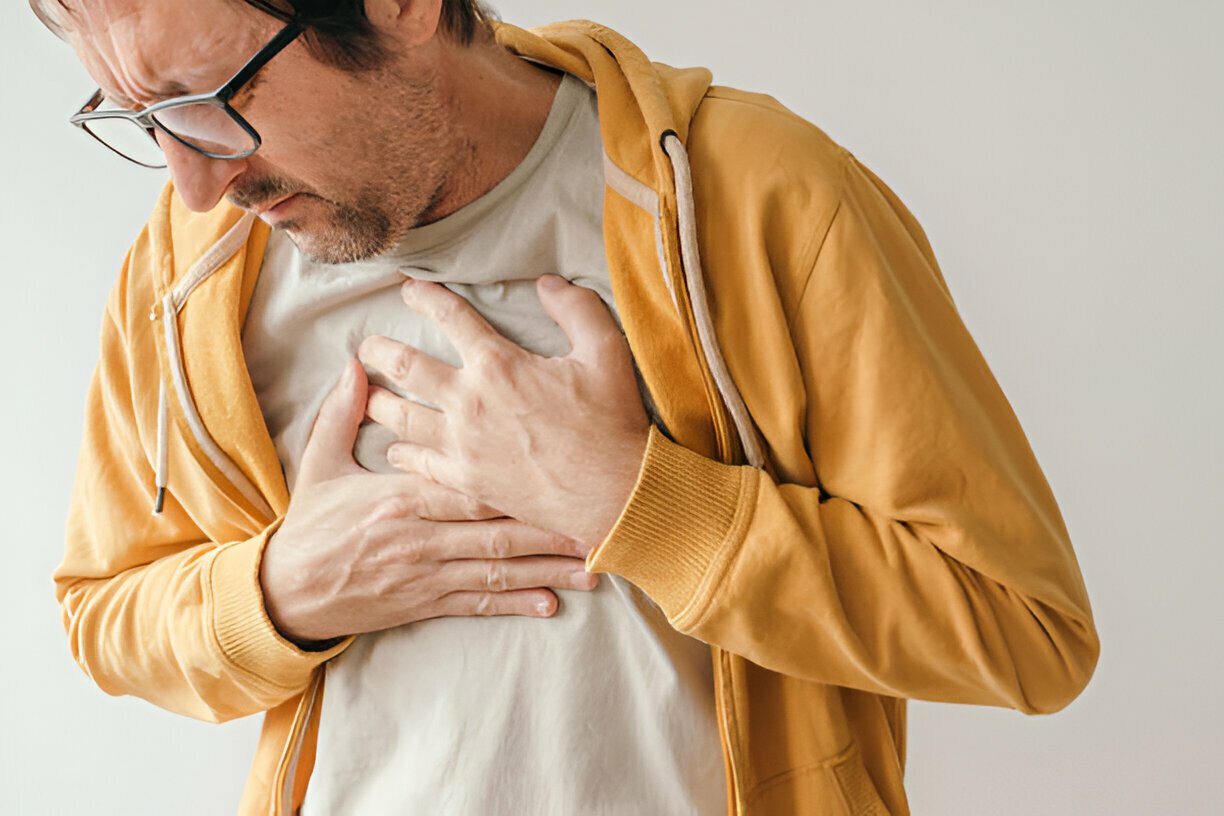Table of Contents
What Are Six Common Non Cardiac Causes Of Chest Pain?
Introduction
Chest pain is a common symptom that can be caused by a variety of conditions, including heart problems. However, there are also many other non-cardiac causes of chest pain. These conditions can range from relatively benign to life-threatening. It is important to see a doctor if you are experiencing chest pain, as they can help to determine the cause and recommend appropriate treatment.
Common Non-Cardiac Causes Of Chest Pain
-
Muscle Strain Or Sprain
Muscle strain or sprain is a common cause of chest pain. It can occur if you overexert yourself or injure your chest muscles. Muscle strain or sprain typically causes a sharp pain that worsens with movement.

-
Costochondritis
Costochondritis is a condition that causes inflammation of the cartilage that connects your ribs to your breastbone. It can cause a sharp or stabbing pain in your chest. Costochondritis often worsens with deep breathing or coughing.
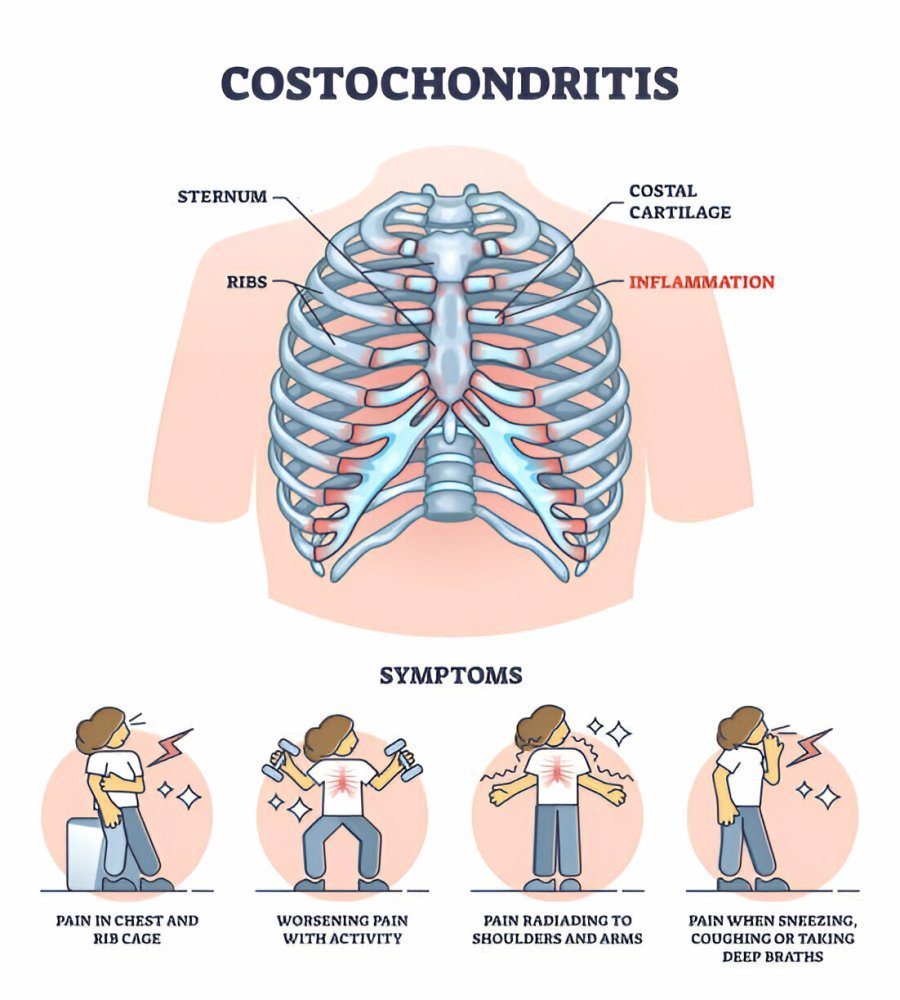
-
Pleurisy
Pleurisy is a condition that causes inflammation of the pleura, which is the thin tissue that lines your lungs and chest cavity. It can cause a sharp pain in your chest that worsens with deep breathing or coughing. Pleurisy is often associated with other conditions, such as pneumonia or a heart attack.
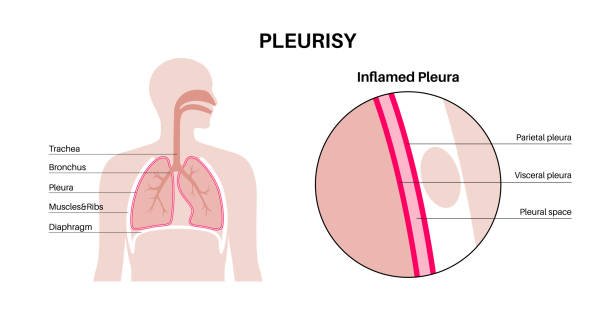
-
Esophageal Reflux Disease (GERD)
GERD is a condition that causes stomach acid to flow back up into your esophagus. This can cause a burning sensation in your chest, often referred to as heartburn. GERD can also cause chest pain that mimics the pain of a heart attack.
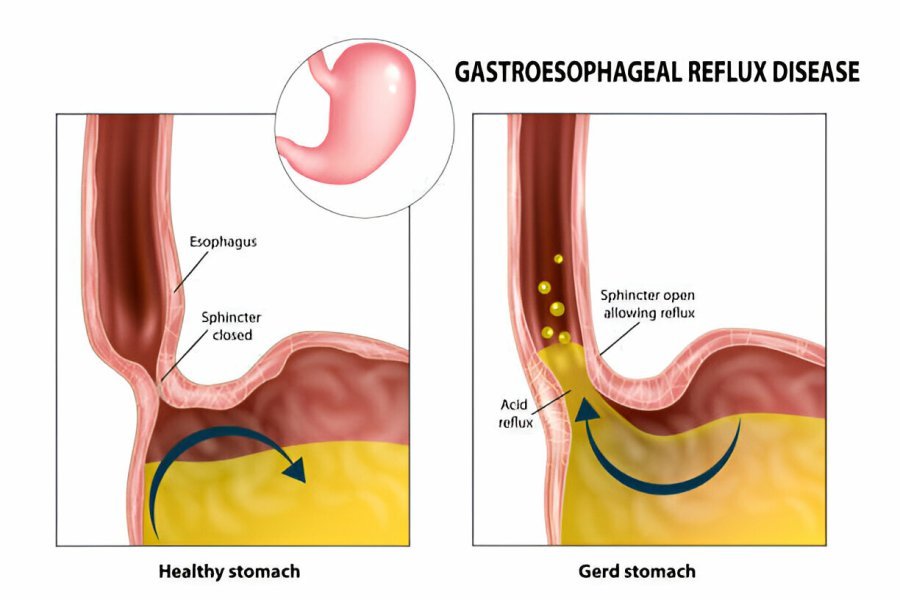
-
Panic Attack
Panic attacks can cause a variety of symptoms, including chest pain. This pain is often described as a squeezing or crushing sensation. Panic attacks can also cause shortness of breath, sweating, and heart palpitations.
-
Lung Infection
Lung infections, such as pneumonia, can cause chest pain. This pain is often sharp and worsens with deep breathing or coughing. Lung infections can also cause other symptoms, such as fever, cough, and shortness of breath.
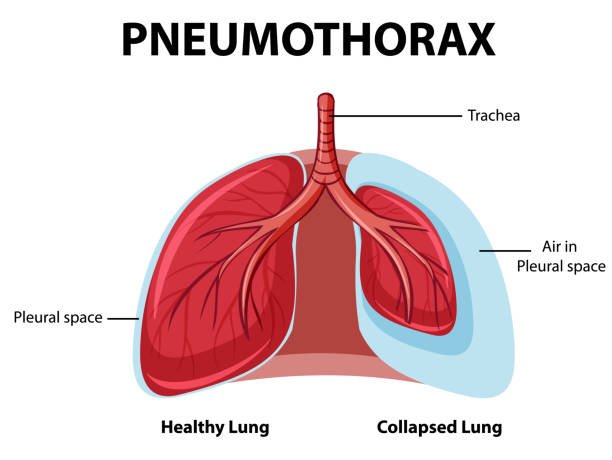
When To See A Doctor
It is important to see a doctor if you are experiencing chest pain, especially if the pain is severe, persistent, or accompanied by other symptoms, such as shortness of breath, sweating, or dizziness. Your doctor will be able to determine the cause of your chest pain and recommend appropriate treatment.
Additional Tips
- If you are experiencing chest pain, try to avoid activities that make the pain worse.
- Over-the-counter pain relievers, such as ibuprofen or acetaminophen, can help to relieve chest pain caused by muscle strain or sprain.
- If you have GERD, you may be able to manage your symptoms by avoiding trigger foods, such as spicy foods, citrus fruits, and alcohol.

- If you are experiencing panic attacks, there are a number of treatments available, including therapy and medication.
FAQs
-
What Is The Most Common Cause Of Chest Pain?
The most common cause of chest pain is heart disease. However, there are also many other non-cardiac causes of chest pain.
-
How Can I Tell If My Chest Pain Is Serious?
If your chest pain is severe, persistent, or accompanied by other symptoms, such as shortness of breath, sweating, or dizziness, it is important to see a doctor.
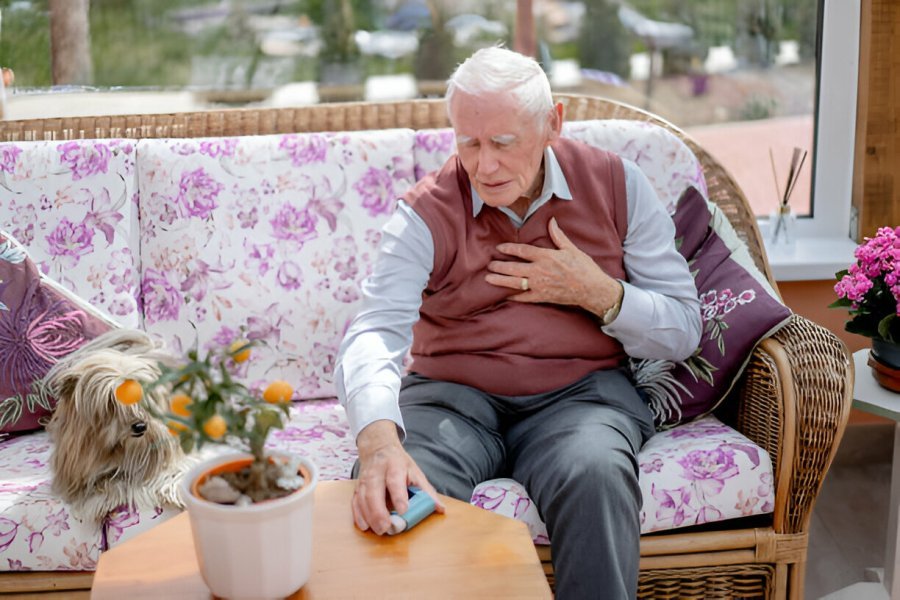
-
What Are The Symptoms Of A Heart Attack?
The symptoms of a heart attack can include chest pain or discomfort, sweating, nausea, vomiting, shortness of breath, and lightheadedness.

-
Can Chest Pain Be Caused By Stress?
Yes, stress can cause chest pain. This is often referred to as non-cardiac chest pain.

Conclusion
Chest pain is a common symptom that can be caused by a variety of conditions, including heart problems. However, there are also many other non-cardiac causes of chest pain. It is important to see a doctor if you are experiencing chest pain, as they can help to determine the cause and recommend appropriate treatment.
References
- National Institutes of Health (NIH). (2023). Chest Pain.
- Cleveland Clinic Health Essentials. (2023). Chest Pain.
Discover more from Pain Relief Methods
Subscribe to get the latest posts sent to your email.

